Dr. DY Chandrachud, the Chief Justice of India, stressed the importance of rehabilitation over punishment for children involved in crimes during a seminar in Kathmandu this Saturday. The event, organized by the Central Juvenile Justice Committee, aimed to highlight the specific needs of juvenile justice distinct from the traditional criminal justice system.
Addressing an audience comprising legal experts and juvenile justice officials, Dr. Chandrachud emphasized the need for a reform-oriented approach from the onset of investigations involving minors. He underscored that economic hardships, social disparities, and family breakdowns play significant roles in predisposing children to criminal behaviors.
Drawing parallels between the societal structures of Nepal and India, the Chief Justice encouraged the sharing of knowledge and experiences to better handle juvenile justice issues. He highlighted that children, being less capable of discerning right from wrong, require approaches centered on reform and social rehabilitation, including psychological counseling.
Dr. Chandrachud praised the initiatives in Nepal that set significant precedents in juvenile justice. He also discussed the steps being taken in India, such as the implementation of children’s courts, aimed at improving the treatment of young offenders.
Moreover, the Chief Justice raised concerns about the growing menace of cybercrimes, particularly their impact on children. He described the task of removing harmful online content as daunting but essential for protecting children’s rights.
The seminar concluded with a call for unified efforts to enhance child protection through the effective implementation of juvenile justice laws, ensuring that the focus remains on rehabilitating rather than punishing young offenders.

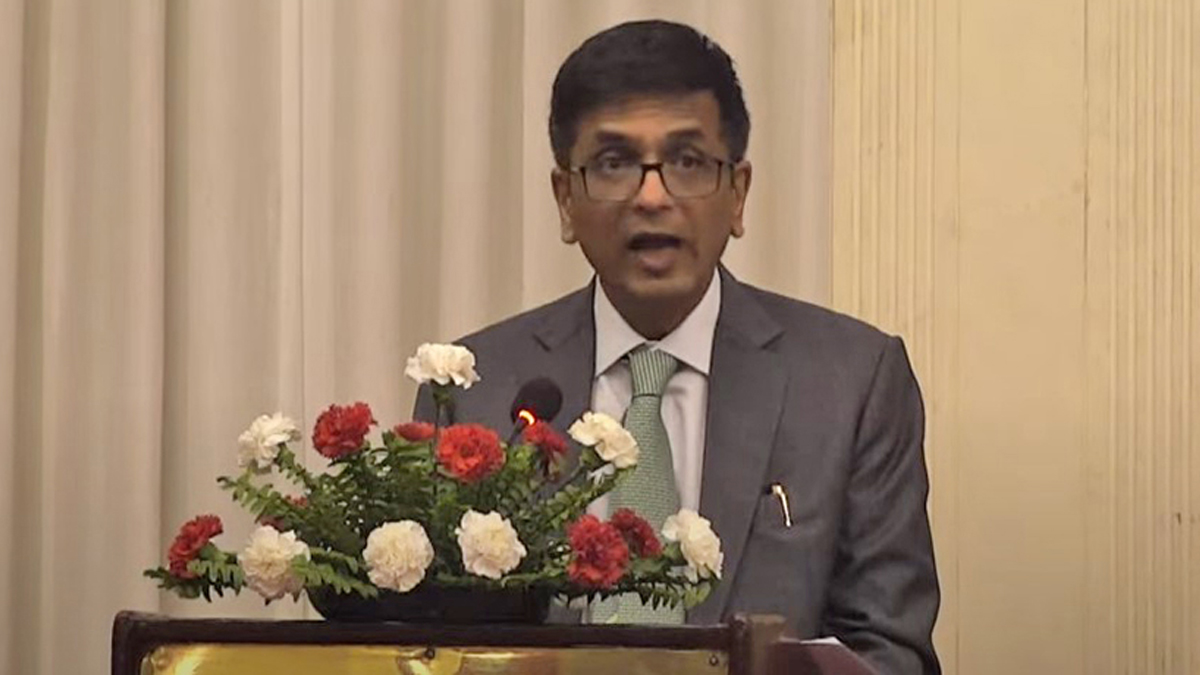


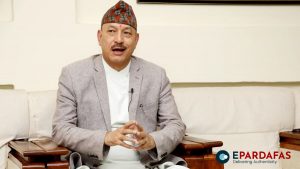
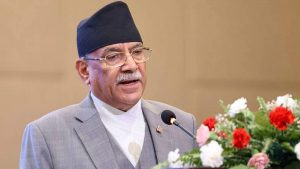

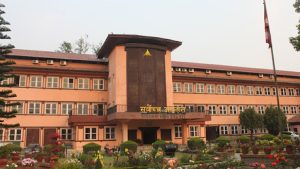
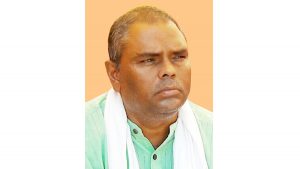







Comments